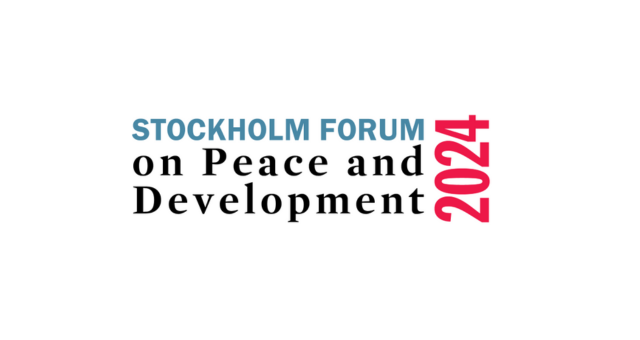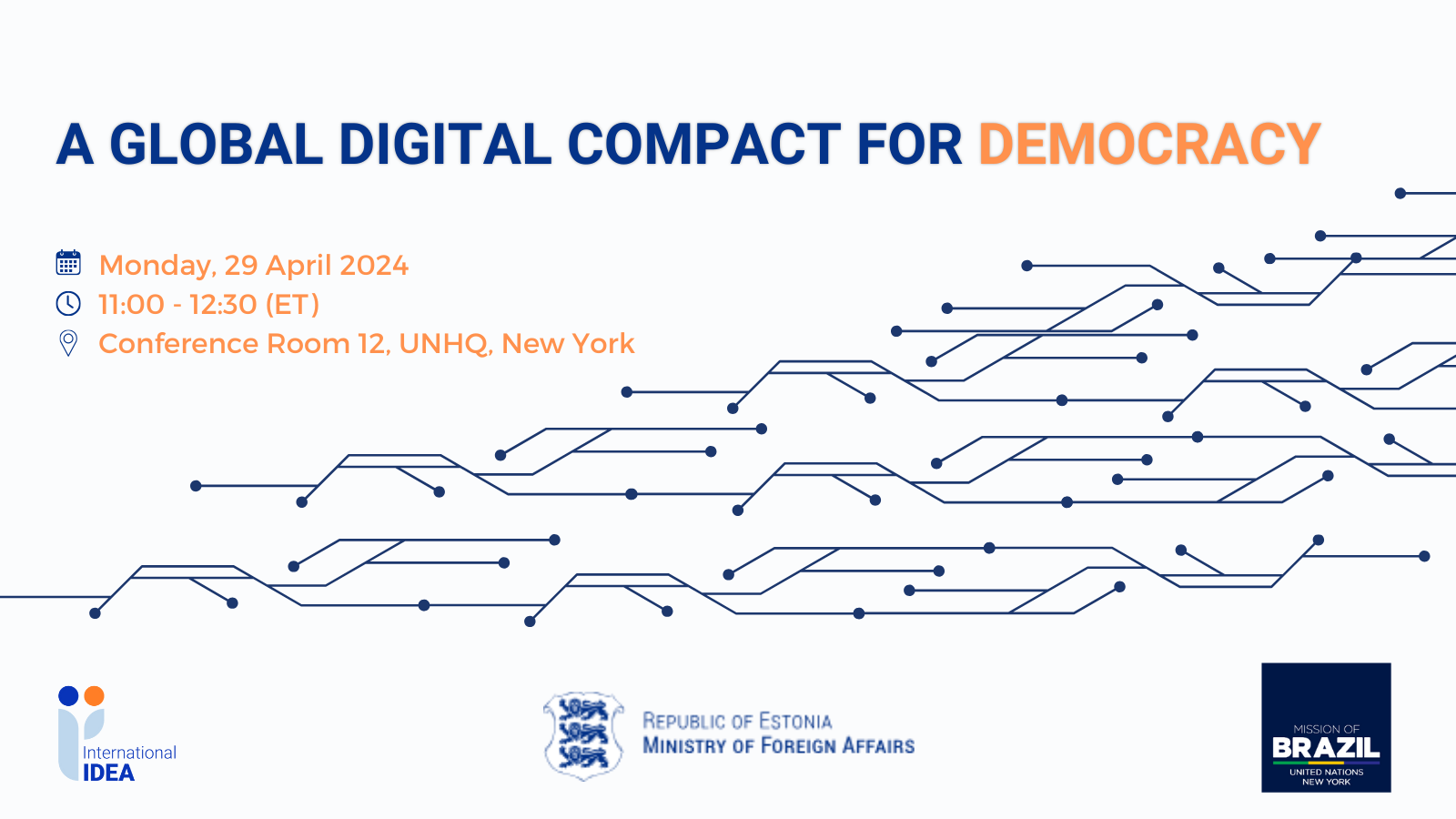Most Tunisians agree that their new constitution is an advance, despite the imperfections. The people’s new democratic spirit is what will make Tunisia a success, and it will hopefully serve as an inspiration for the entire Arab region in times to come.
In spite of a number of serious challenges, the Tunisian Constituent Assembly – under the people’s ever watchful eye – successfully negotiated a new and modern constitution. In 2011, the political class was far from prepared for the changes that had been forced upon them by the people. Important cleavages between conservative Islamist politicians on the one hand and liberal and secular politicians on the other complicated negotiations and grew worse over time.
For a time, it was far from certain that the negotiating parties would be able to reach a final agreement. This was particularly true after the changes that took place in Egypt during June 2013, coupled with the assassination of three opposition politicians, as well as attacks against the country’s military (that were often attributed to a lax attitude by the ruling coalition against Islamist militants). During the fall of 2013, leading members of the opposition were calling for the government to be toppled and for the Constituent Assembly to be dissolved.
In the end, a series of negotiations took place to defuse the political crisis without any additional violence. The country’s main political forces participated in discussions that were brokered by the country’s largest trade unions, the lawyers association, and one of the country’s largest human rights associations (who were together referred to as the ‘Quartet’). Meanwhile, negotiations on the finalization of the constitution continued in a separate forum (see below).
By successfully negotiating a final agreement, the Tunisians have led the way in proving that ideological differences need not lead to conflict or stalemate and that they can survive in the context of a modern Arab state and society. The pragmatic and result-based approach that the Tunisian negotiators adopted will serve as a positive example of successful constitution-making and conflict resolution not just for the Arab region, but for much of the rest of the world as well.
Read the full article on openDemocracy, published 16 February 2014 and written by Donia Ben Romdhane and Zaid Al-Ali i, International IDEA’s West Asia and North Africa programme.


